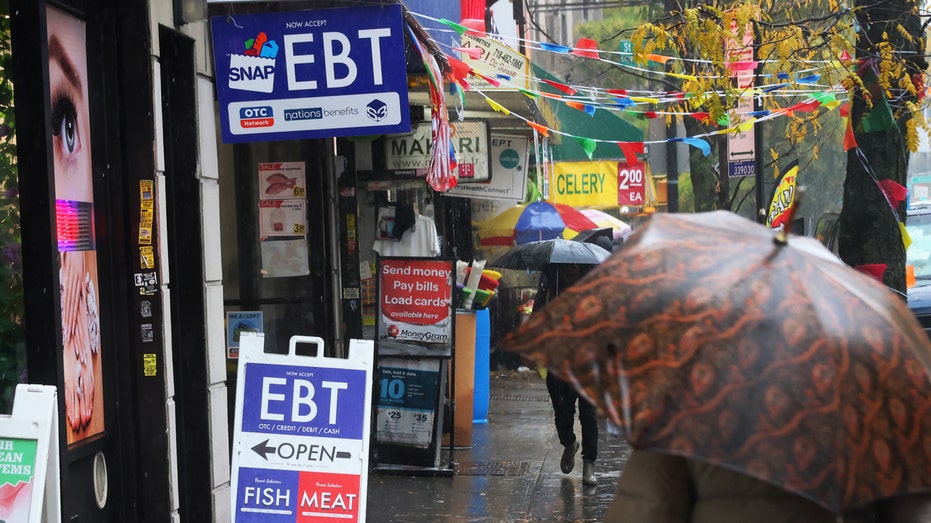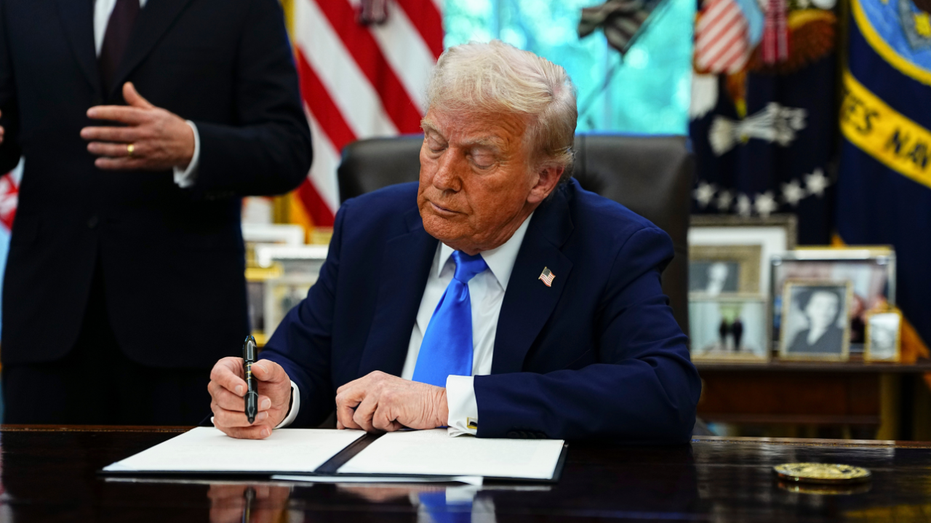A legal battle is escalating as lawyers representing over twenty states prepare to challenge the federal government’s attempt to drastically cut food assistance to millions of Americans. The core of the dispute centers on the Supplemental Nutrition Assistance Program, or SNAP, a lifeline for 42 million low-income individuals and families, currently jeopardized by a prolonged government shutdown.
The conflict ignited when the administration threatened severe financial penalties against states that continued to distribute full SNAP benefits, defying a recent court order mandating complete funding. This move came despite a judge’s clear directive to ensure recipients received the full amount they were entitled to, a stark contrast to the previously proposed 65% reduction.
“Food assistance is not a political issue,” declared New York Attorney General Letitia James, her voice resonating with urgency. “It is a moral imperative, and no one should go hungry because their own government is refusing to feed them.” The states are now seeking emergency intervention from the courts to halt the administration’s actions and restore full benefits immediately.
Adding another layer of complexity, federal officials have appealed to the Supreme Court, requesting they uphold an earlier emergency stay. Their argument hinges on the belief that Congress is nearing a resolution to the shutdown, and that courts shouldn’t interfere with resource allocation without proper legal authority. They insist the only true solution lies in reopening the government.
The initial court order came after a pointed rebuke of the administration’s plan to fund only 65% of SNAP benefits. The judge expressed deep concern for those already struggling, stating, “It’s likely that SNAP recipients are hungry as we sit here.” He gave the Department of Agriculture less than 24 hours to comply with the full funding mandate.
The administration’s legal team fiercely contested the judge’s authority, claiming the order “makes a mockery of the separation of powers” and represents an unprecedented overreach. They argued that finding the necessary $4 billion was simply impossible, likening the request to searching for funds in “metaphorical couch cushions.”
The Department of Agriculture warned states that non-compliance with the reduced benefit plan could result in the cancellation of federal cost-sharing for SNAP, effectively making them fully financially responsible for the program. This threat ignited a swift and unified response from state attorneys general.
California Attorney General Rob Bonta, alongside his counterparts from New York and New Jersey, condemned the administration’s actions as a blatant attempt to weaponize food assistance. They are urgently seeking a court order to block the new guidance and ensure full benefits are immediately available to those in need.
New Jersey Attorney General Matt Platkin described the situation as the “most heinous thing” he’d witnessed in office, emphasizing the sheer scale of the impact. He highlighted that the number of children in New Jersey relying on SNAP exceeds the population of the state’s largest city, illustrating the program’s vital role.
The administration’s shifting directives have left states scrambling to respond. Officials were told that actions taken to comply with previous guidance and a court order were now deemed “unauthorized,” and faced the threat of steep penalties if they didn’t immediately reverse course.
Despite the ongoing legal challenges, federal officials maintain their intention to pursue a stay of the court order requiring full SNAP funding, unless Congress can reach a consensus and end the government shutdown. The fate of millions hangs in the balance as the legal and political battle intensifies.






